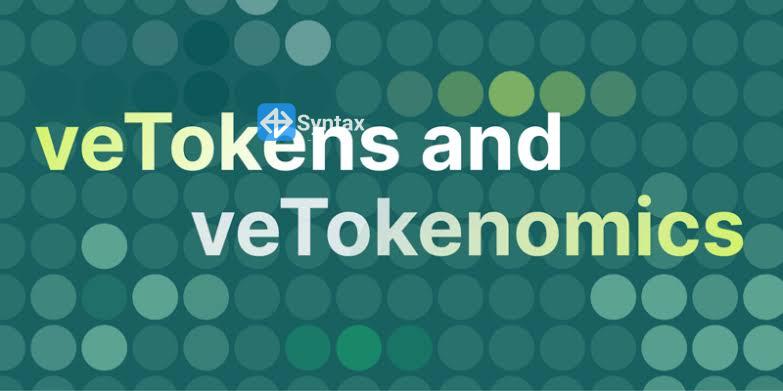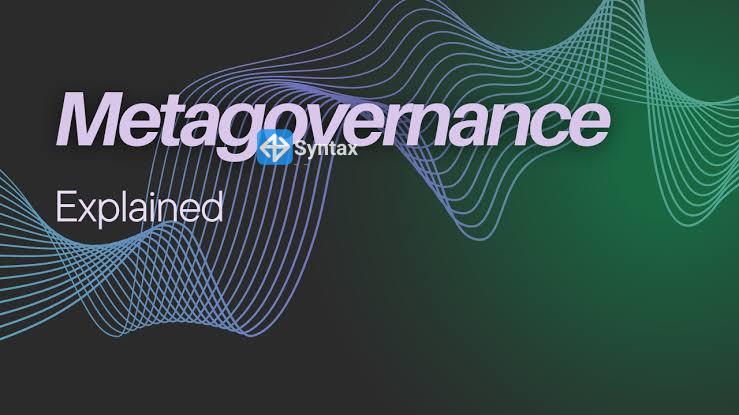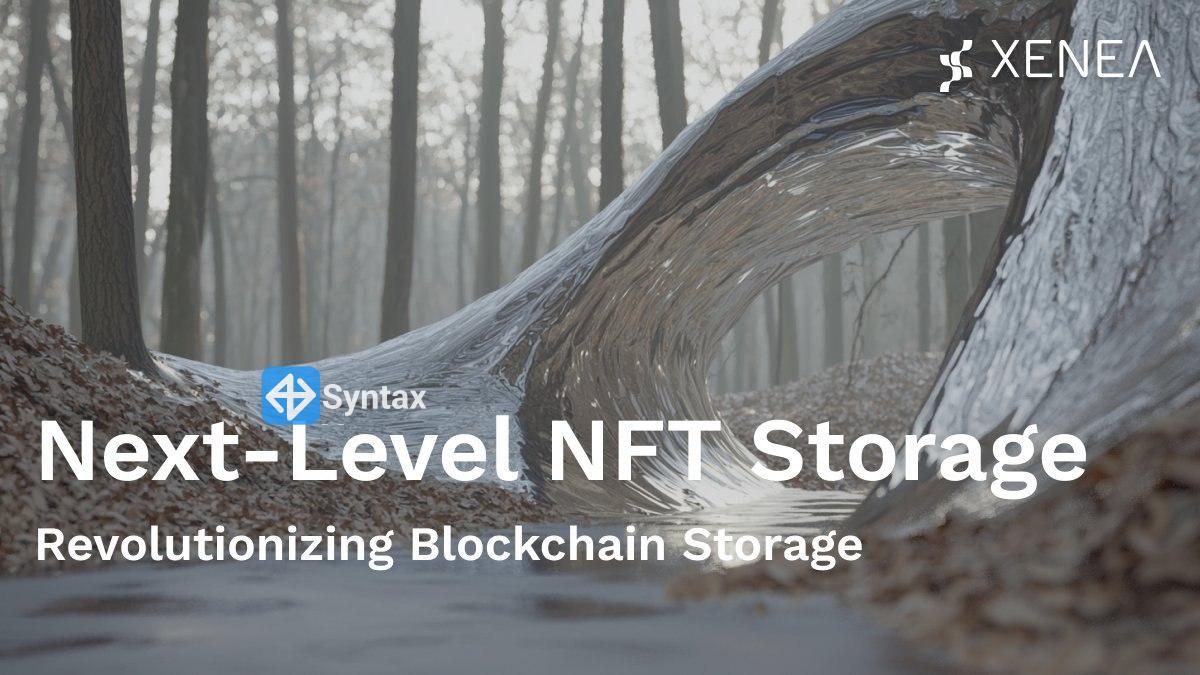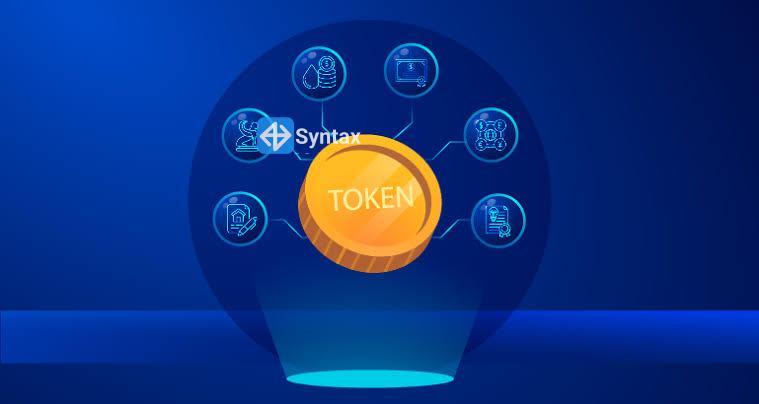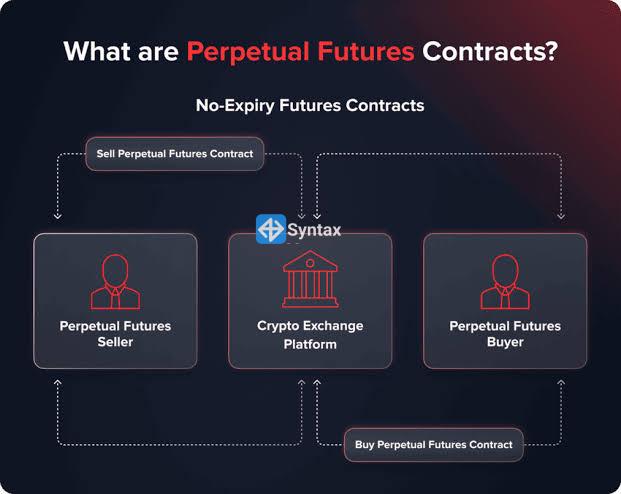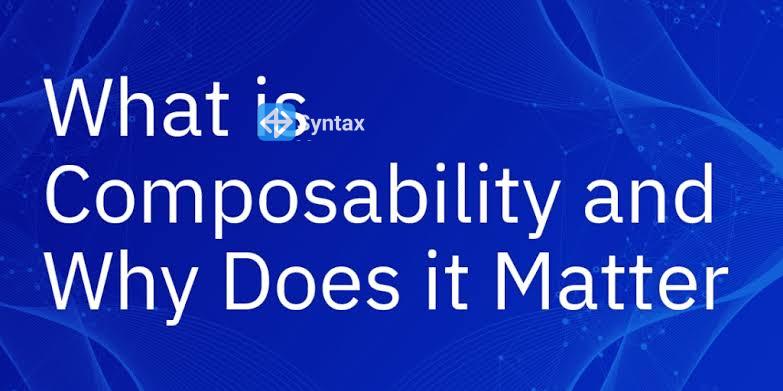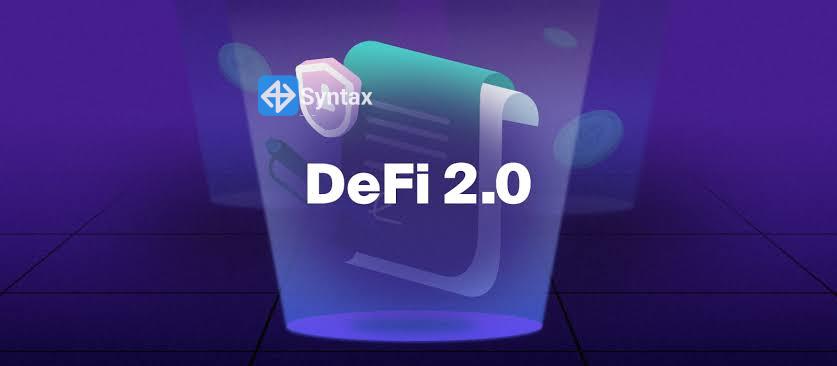Proof-of-Work (PoW) is a consensus mechanism used in blockchain networks, like Bitcoin, to validate transactions and add new blocks to the blockchain without needing a central authority
Participants, known as miners, compete to solve computationally intensive cryptographic puzzles, and the first to find the solution gets to add the next block and is rewarded. This process secures the network, prevents double-spending, and establishes an immutable record of transactions.
How Proof-of-Work Functions
- Validation: When a new block of transactions is proposed, miners use computational power to solve complex mathematical puzzles related to that block.
- Competition: Miners are essentially competing to find a specific numerical solution (a hash) that meets certain criteria.
- Mining: The process of solving these puzzles requires significant energy and computational resources, making it expensive for malicious actors to tamper with the blockchain.
- Consensus: Once a miner solves the puzzle, they can add the validated block of transactions to the blockchain.
- Rewards: The successful miner is then rewarded with newly created cryptocurrency and transaction fees, incentivizing them to participate and secure the network.
Purpose of Proof-of-Work
- Decentralization: PoW enables a network of decentralized parties to agree on the legitimate state of the blockchain without a central governing body.
- Security: It makes the blockchain secure by requiring a substantial amount of computational work to add new blocks, which deters fraudulent activities and ensures transaction integrity.
- Double-Spending Prevention: By creating a verifiable record of transactions and requiring computational effort to add them, PoW prevents the same digital assets from being spent twice.



